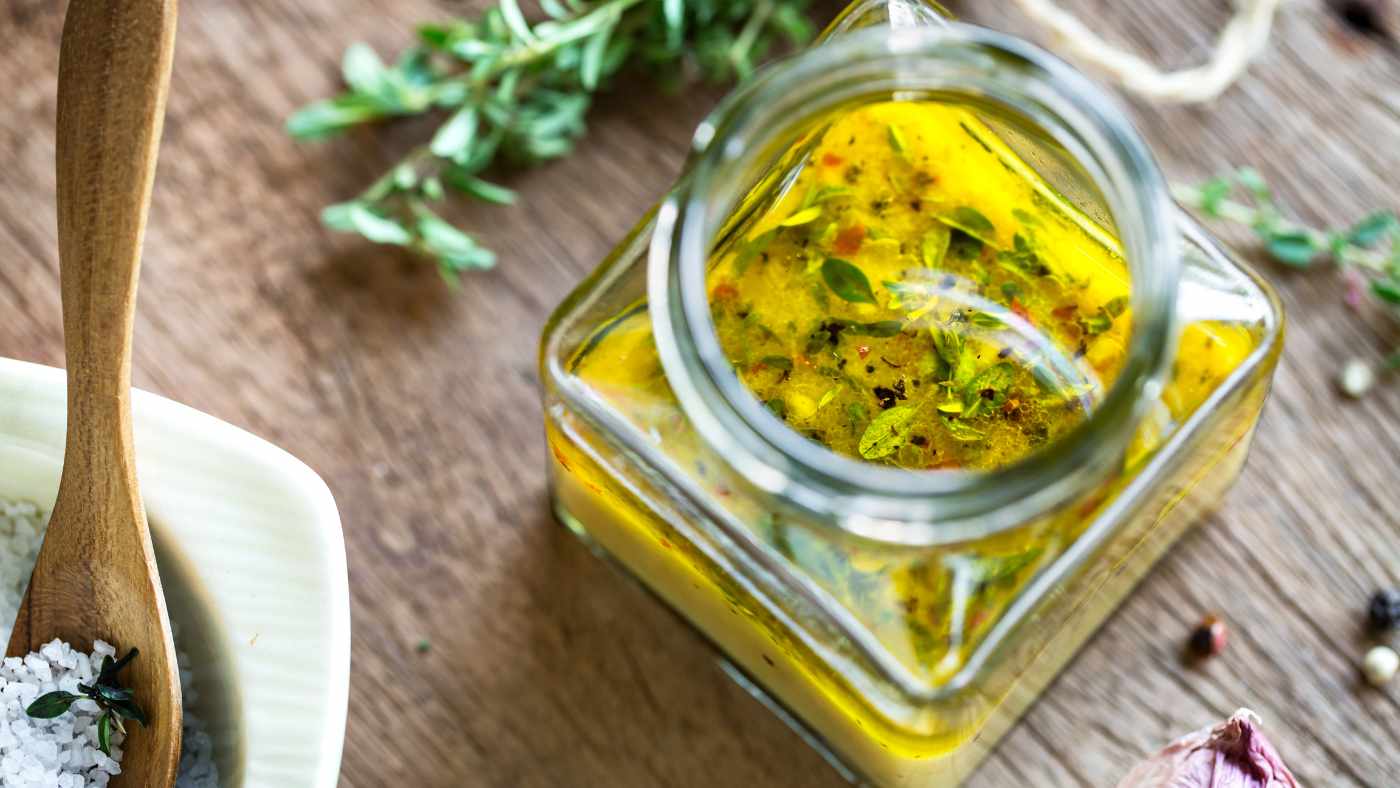Why is Thyme Healthy?

When we think about powerhouse herbs and spices that boast health benefits, thyme should be high on the list thanks to its robust lineup of phytochemicals.
These plant-based compounds possess disease-fighting and health-promoting abilities.
In particular, thyme owes much of its therapeutic potential to these two classes of phytochemicals:
Phenolic compounds
According to research, several phenolic compounds found abundantly in thyme provide antioxidant, anti-inflammatory, and antimicrobial activity.
Two that stand out are:
Rosmarinic acid: This polyphenol antioxidant gives thyme its signature savory flavor and neutralizes free radicals to halt cellular damage related to chronic inflammation, aging, and diseases like cancer or Alzheimer's.
Caffeic acid: This antioxidant phenolic acid is linked to anti-tumor effects and inhibits the growth of cancer cells without toxicity in several studies.
As an anti-inflammatory, it may also benefit disorders related to chronic inflammation.
Volatile/essential oils
The volatile oils in thyme give it the lingering, minty-woodsy aroma and flavor we love.
Beyond seasoning quality, though, these therapeutic oils exhibit antibacterial, antifungal, and antiviral properties, according to multiple studies.
Two to highlight are:
Thymol: As thyme's primary volatile oil, thymol demonstrates antiseptic, antioxidant, and preservative-like effects—even - even used in mouthwashes.
Carvacrol: This antimicrobial oil makes up 30+ percent of thyme's essential oil content, which supports its traditional use for embalming and food preservation.
Next time you add fresh thyme to your pasta dish or bouquet garni, remember you’re not just adding flavor - those tiny leaves pack a significant healthy punch!
The mighty phytochemicals are where thyme’s true powers lie.
